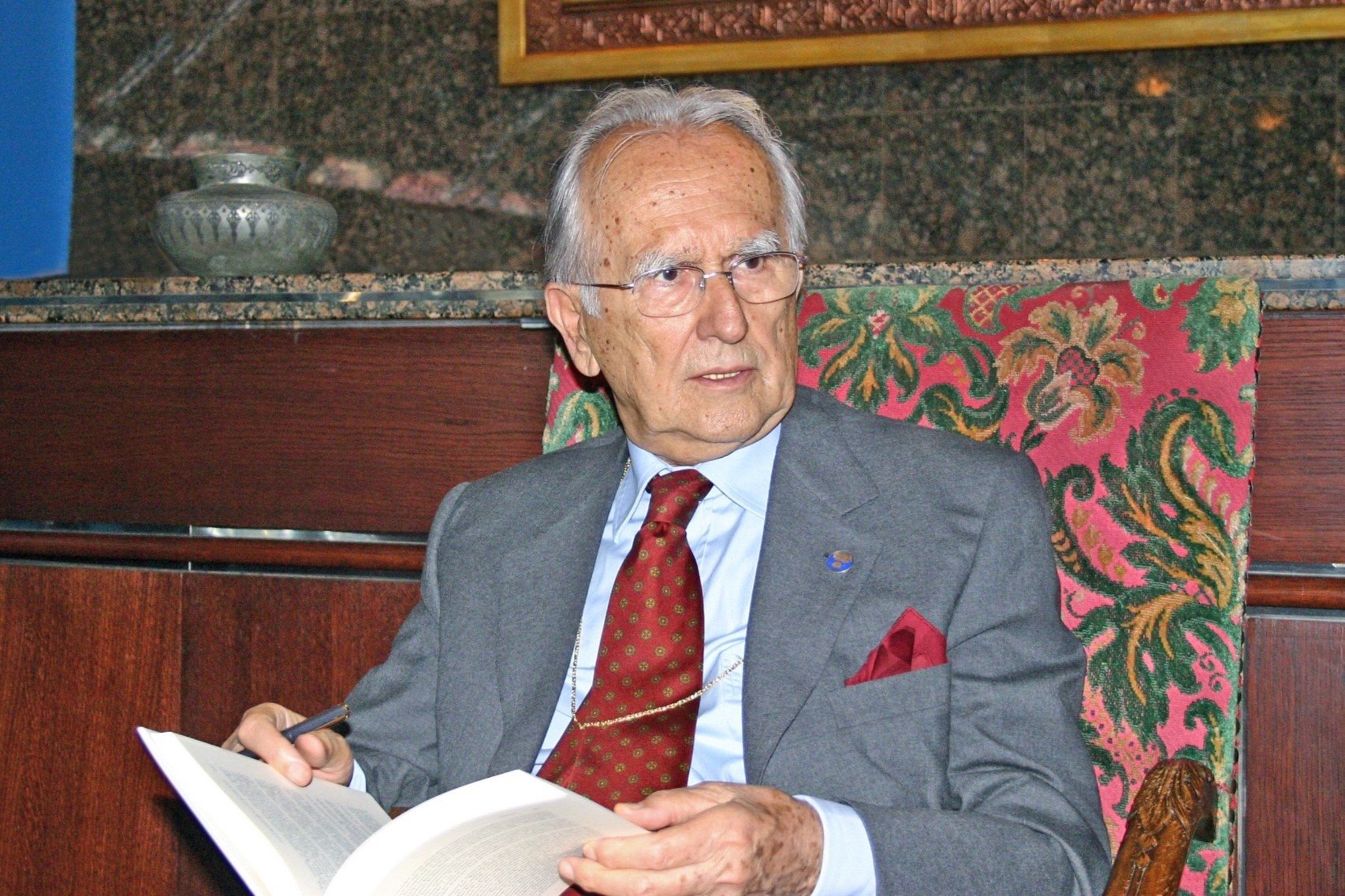
SELECTED QUOTES

-

BIOGRAPHY
-

BIBLIOGRAPHY
-

SELECTED QUOTES
CONTACT
Bosniak Institute - Adil Zulfikarpašić foundation
Mula Mustafe Bašeskije 21
71000 Sarajevo, Bosnia and Herzegovina
+387 33 279 800, +387 33 279 777
info@bosnjackiinstitut.ba
biblioteka@bosnjackiinstitut.ba
BUSINESS HOURS
Monday - Friday
8:00AM - 4:00PM
LIBRARY HOURS
Monday - Friday
9:00AM - 4:00PM
VISITS
Monday - Friday
9:00AM - 4:00PM
GUIDED GROUP VISITS
Announced by phone or e-mail
© 2024 Bosniak Institute, all rights reserved.
